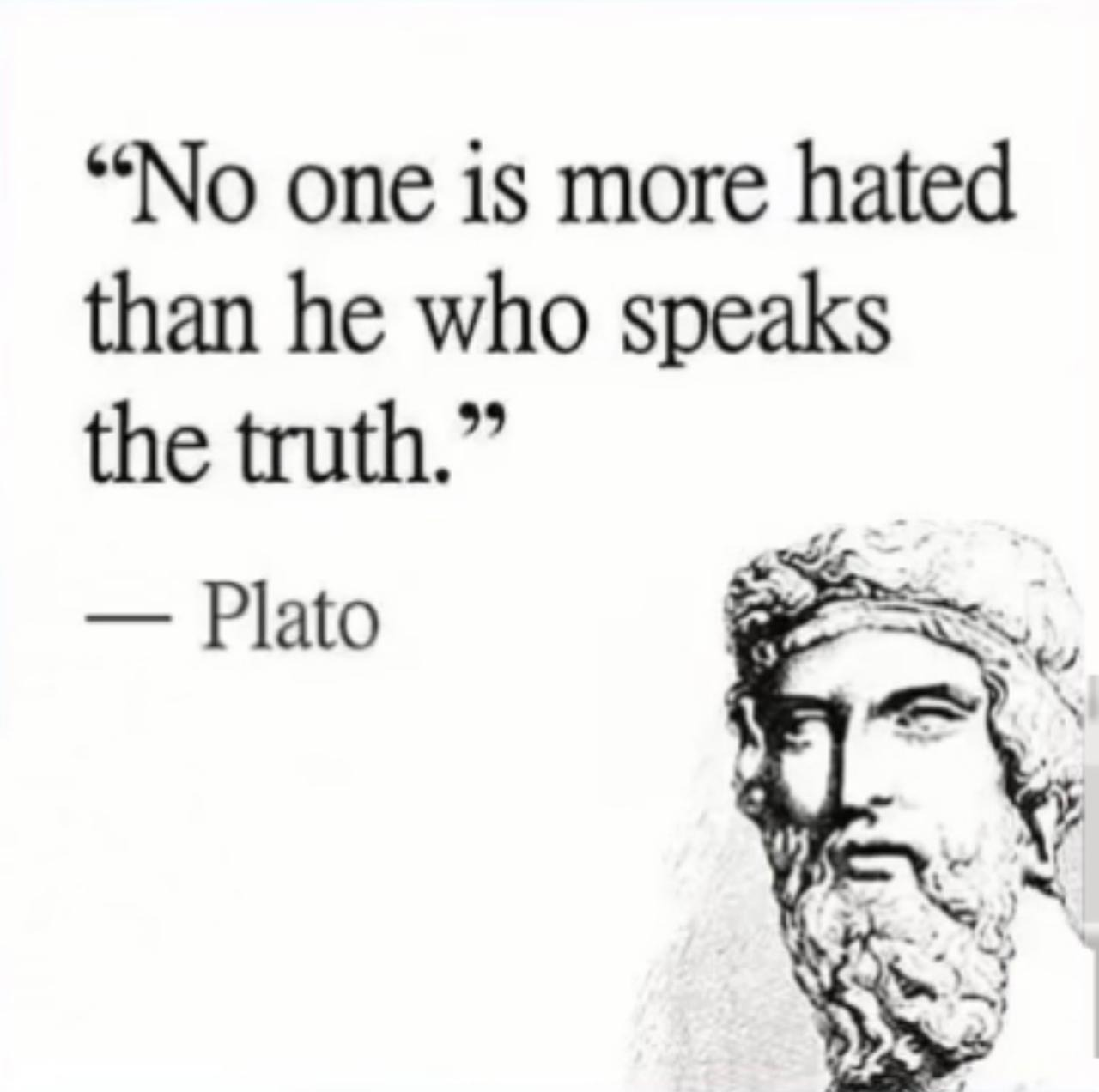Beliefs govern every facet of our lives and it is well to be aware of precisely what ours are, how deeply they actuate us, then winnow out chaff not fit for purpose.
So many different beliefs; yet so few unanimously held! Are those that are not our beliefs entirely wrong or is there something in them, root or branch, that we may glean to advantage? There may be comfort in following a herd – ask any lemming or sheep – but as you act on your beliefs why not ‘look before you leap’ into them? A journey of careful thought about principles and prejudices may be as important as an arrival at a provisional universal truth.
There may be matter for reflection in some of the views that are set out here but they must be only a tiny fraction of systems of belief that are held by people and they may be the a springboard to help you dive into this endlessly fascinating area.
Who knows in advance what musty nook in our thinking conceals a nugget? Pack a torch for your voyage of reflection to light up more clearly alternative paths.

